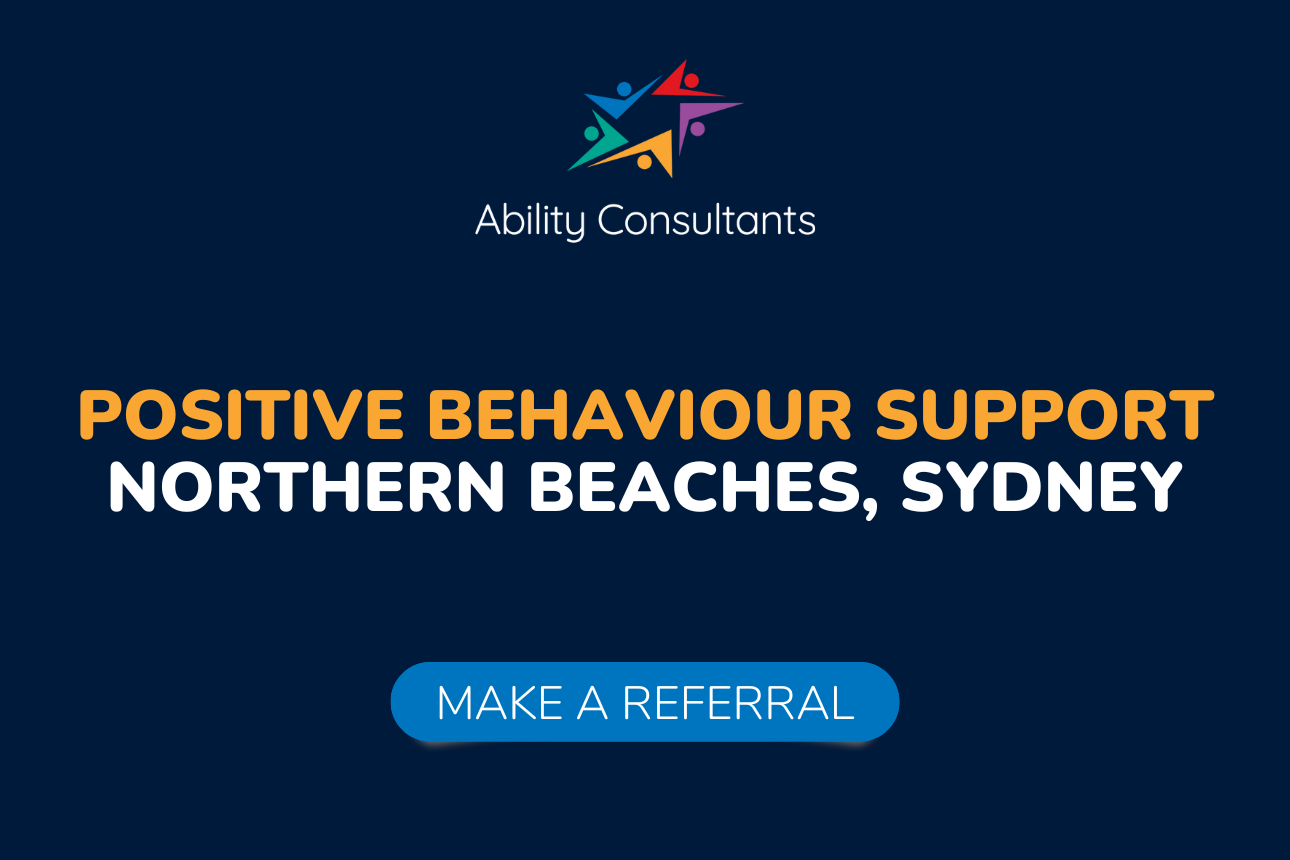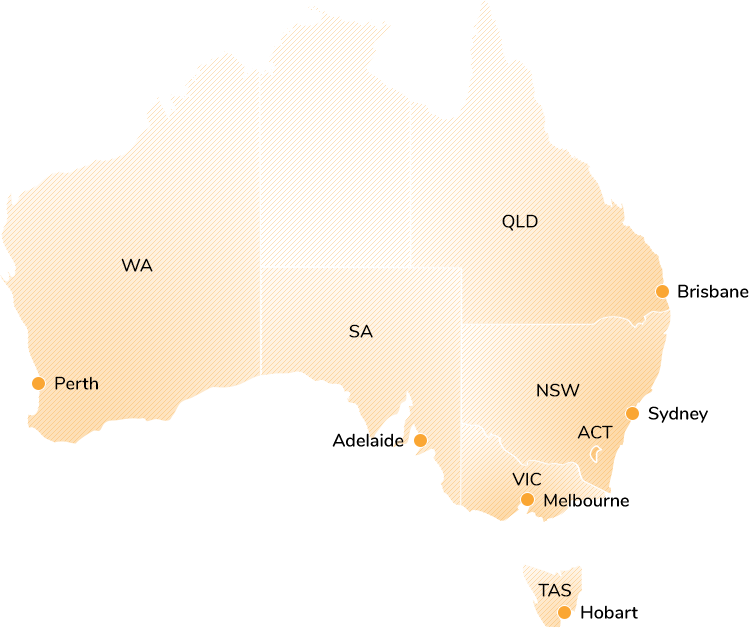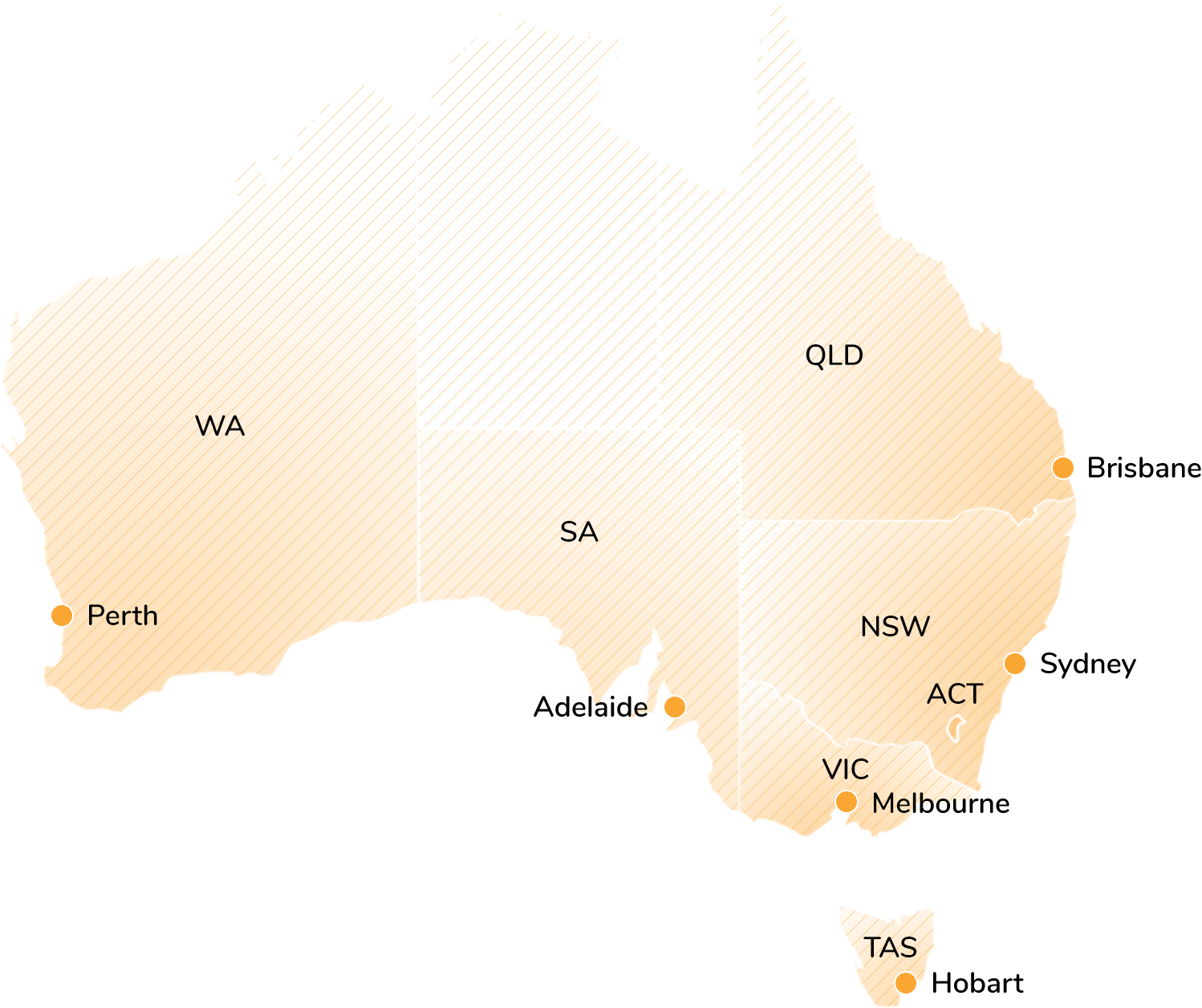Positive Behaviour Support on Sydney’s Northern Beaches: Meet PBS practitioner Joanne Choudry

We provide Positive Behaviour Support on Sydney’s Northern Beaches and today we’re pleased to introduce behaviour support practitioner Joanne Choudry.
Joanne supports NDIS participants throughout the Northern Beaches and North Shore of Sydney. She completed a Bachelor of Arts, Masters of Teaching and Certificate in Education and complements her work as a behaviour support practitioner with her experience in special education and case management.
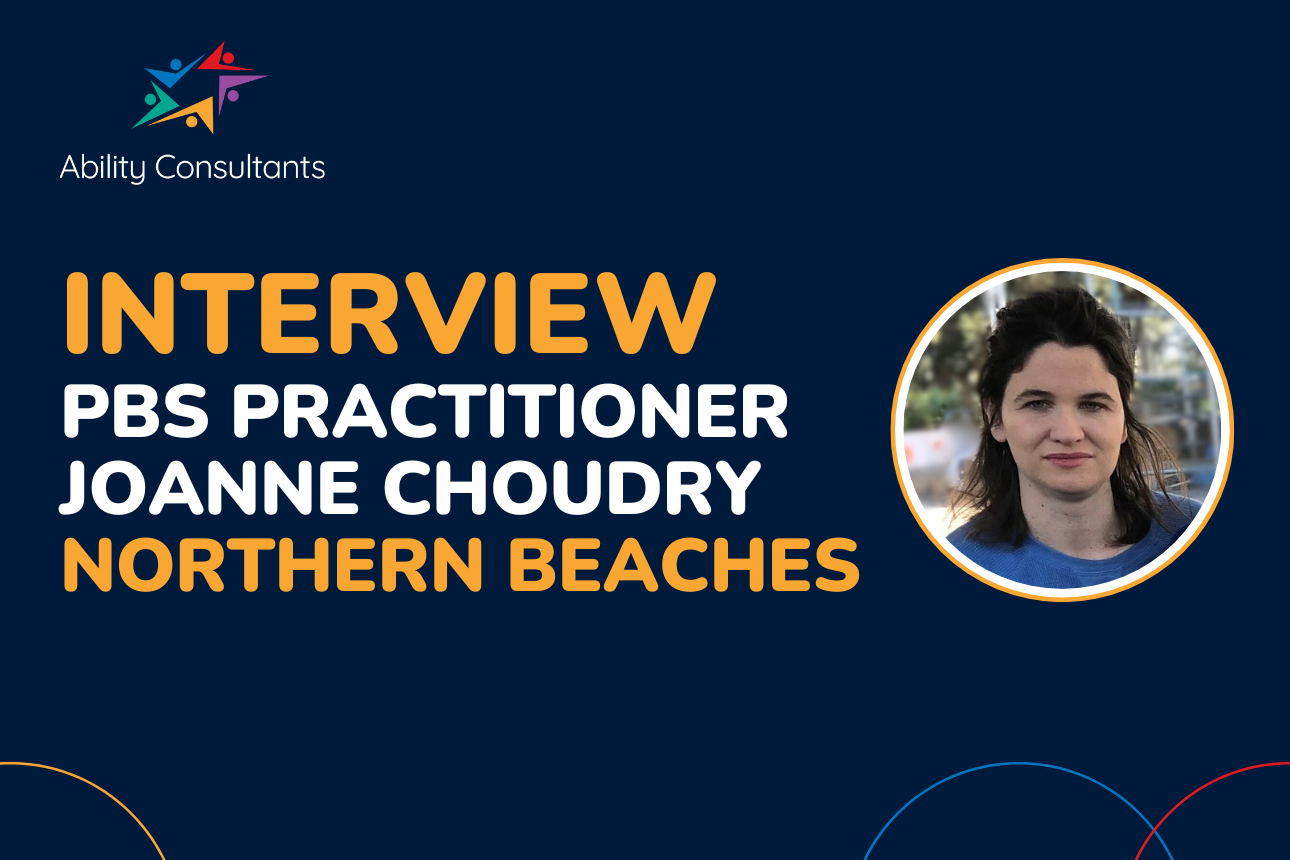
Meet Joanne Choudry, Behaviour Support Practitioner on Sydney’s Northern Beaches
Jo, it’s truly wonderful to have you join our team! Tell us a bit about yourself!
I grew up on the Northern Beaches in Sydney, and I am a teacher with postgraduate qualifications in special education. I still work part-time as a special education teacher, and previously I worked as a case manager for people with disability. I thoroughly enjoy teaching across different school environments and interacting with students of different ages. I also enjoy observing positive behaviour strategies in action, both in school and home environments.
What inspired you to pursue a career in Positive Behaviour Support?
I wanted to know how to have a positive impact on families who have a loved one displaying different kinds of behaviour and need support to develop strategies that may make life more enjoyable for both families and clients.
I also enjoy researching ideas that may facilitate these changes. Additionally, I have personal experience with family members having a disability, so I try to approach clients from a place of compassion and understanding.
What is one of the highlights of your career?
Being able to help families by suggesting small changes that make a difference. It is also great to work with families and receive feedback on how behaviour strategies are working. This allows me and the stakeholders the opportunity to brainstorm the behaviour strategies, fine-tune them and cater to the individual needs of the client.
One way of doing this is using data, a scientific method, that allows behaviour support practitioners to recognise patterns, and understand the function of the behaviour.
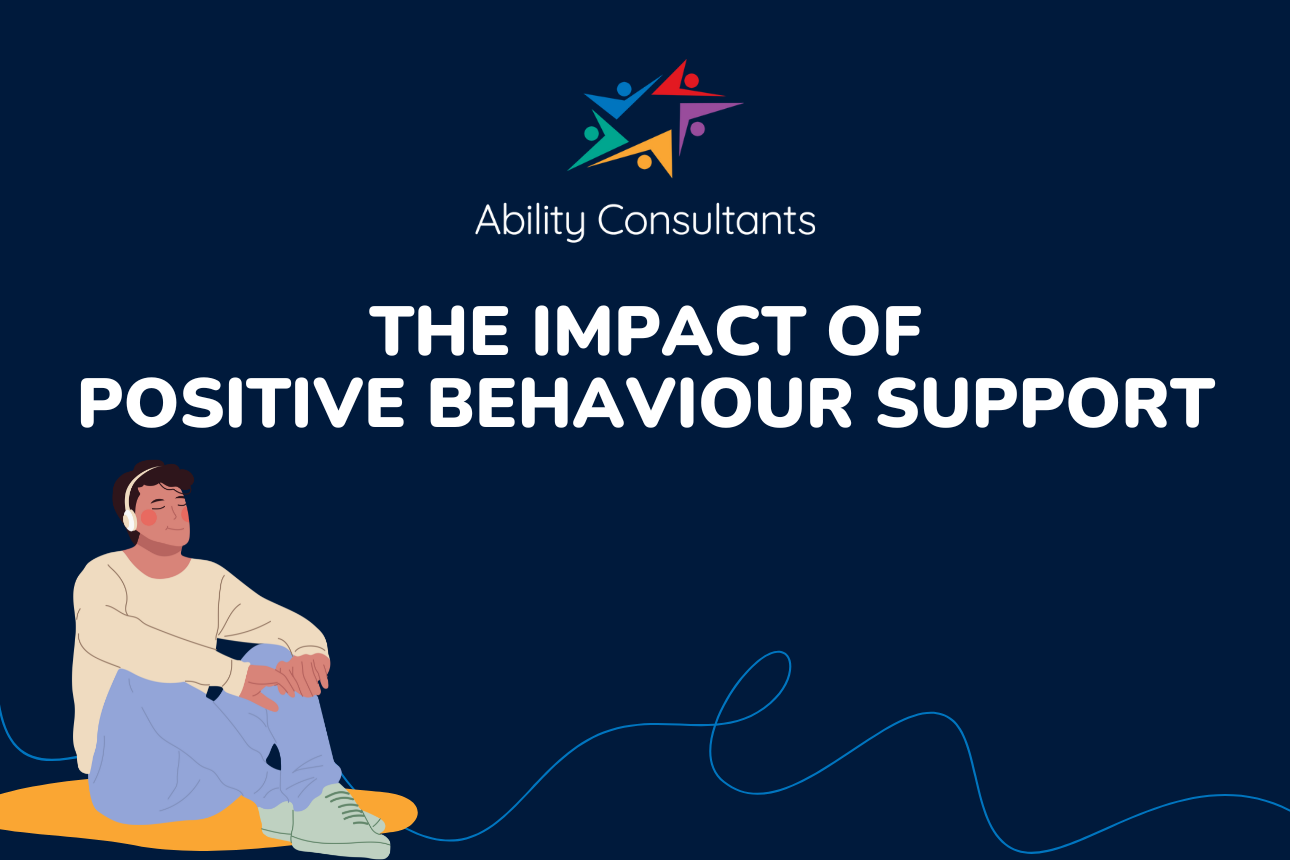
About Positive Behaviour Support and its impact
You have experience as a special education teacher. Can you tell us how Positive Behaviour Support can help a young person at school?
Many schools have already adopted a positive behaviour approach, and as a result, they achieve positive outcomes. The approaches I have seen in schools include the use of positive language, consistent strategies by teachers throughout the whole school, as well as communication devices adopted by schools, which promote children’s communication and reduce incidents of behaviour.
The best results occur when all stakeholders such as occupational therapists are involved so that the approach can be consistent across all environments. As a result of this, students receive a consistent approach, and their behaviour changes.
I have witnessed students who did not want to learn make a complete turnaround and enjoy school, simply by implementing positive behaviour strategies such as positive language. Another time, I saw students who were able to focus on a lesson longer because they had a sensory box which they engaged with for five minutes, then re-engaged in the lesson because they had had that break.
Can you tell us about a time when you’ve seen Positive Behaviour Support in action and how it can impact on someone’s life?
People underestimate how much people with disabilities want positive connections, which in turn helps them enjoy their lives. This is especially evident as children transition into young adults.
One client's behaviour was due to the fact that he wanted more support to make friends in the community. By connecting him with peers of his age who share the same interests, this vastly improved his self-esteem and social skills and as a result, his interactions with his family became more positive.
How can Positive Behaviour Support help a person on the autism spectrum, as well as their family and wider support team?
One of the simplest changes a family or stakeholders can make is in the interactions they have with the client. Always remaining calm, talking to people in a positive manner, and giving them choices that help them feel like they are in control of their life are very important tools that will reduce incidents in people who are on the autism spectrum.
Another important consideration is the families who care for our clients. It is important to remember that these families are better able to support their loved ones if they receive support themselves through carer respite or training. This reduces the risk of carer burnout and benefits everyone involved.
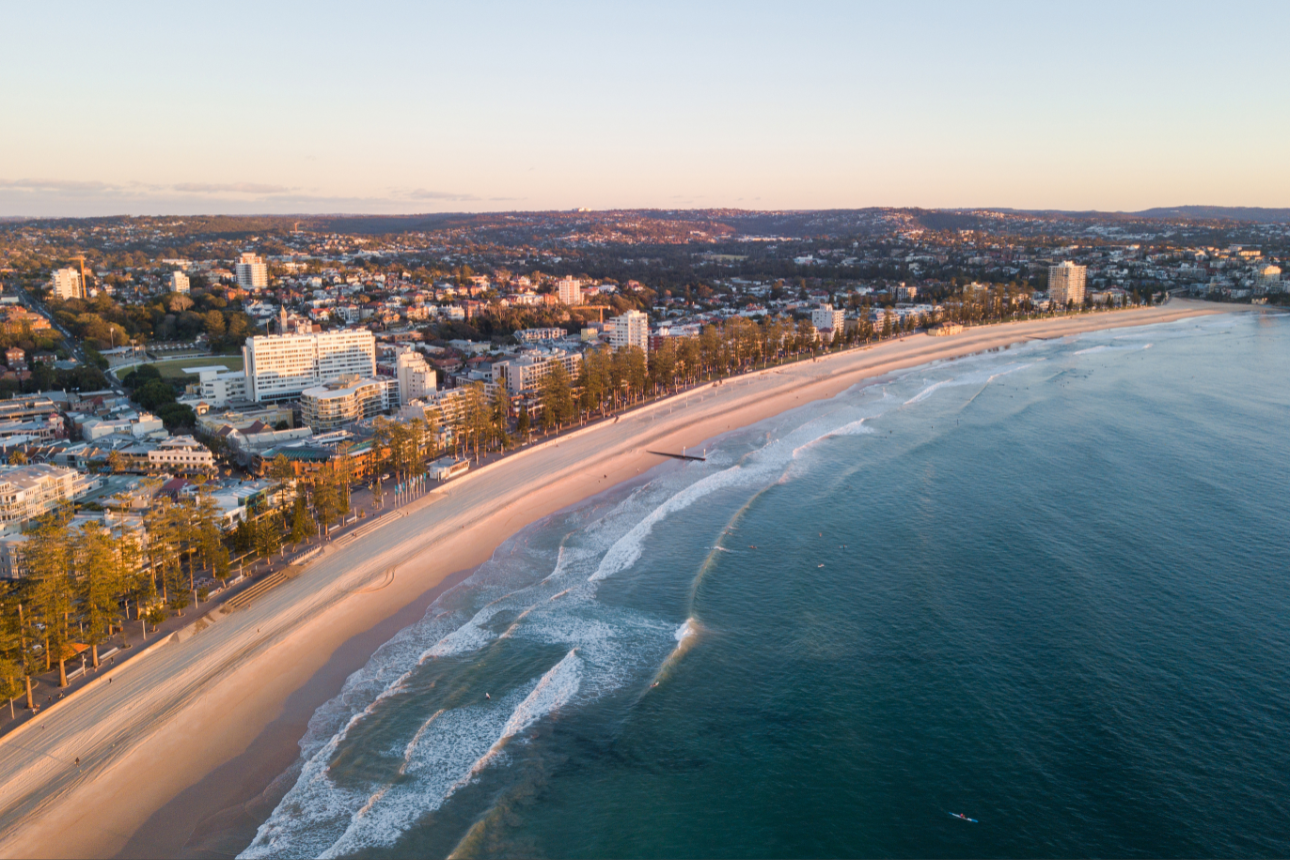
NDIS providers and Positive Behaviour Support on Sydney’s Northern Beaches
Tell us about the NDIS community in Sydney’s Northern Beaches.
Sydney’s Northern Beaches and North Shore have great NDIS service providers. We are able to connect with those who we know have experience helping clients with disabilities. Great NDIS providers I have worked with include Sunnyfield, Cerebral Palsy Alliance and Catholic Care.
Where do you provide Positive Behaviour Support on Sydney’s Northern Beaches?
I support NDIS participants throughout the Northern Beaches, including Newport, Bilgola, Avalon Beach, Palm Beach, Whale Beach, Bayview, Mona Vale, Warriewood, Ingleside, Elanora Heights, North Narrabeen, Narrabeen, Wheeler Heights, Collaroy, Dee Why and more.
I also support NDIS participants throughout Sydney’s North Shore, in suburbs including Frenchs Forest, Terrey Hills, Belrose, St Ives and more.
How to access Positive Behaviour Support on Sydney’s Northern Beaches
How can NDIS participants on the Northern Beaches or North Shore get started with Positive Behaviour Support?
The first step is to make a referral for Positive Behaviour Support on our website. You can do this anytime and you can make your own referral, or a member of your support team can make a referral on your behalf.
How can they contact us if they have questions about Positive Behaviour Support?
If you have any questions about Positive Behaviour Support, please feel welcome to call our team on 1300 694 625 or send a message using our contact form.
Thanks for your time today Joanne! Before we go, can you tell us your favourite accessible tourist attractions on the Northern Beaches?
The Northern Beaches have some of the most famous beaches in Australia. These beaches included Manly and Palm Beach. If you’d like to get close to the ocean or bring a fishing rod with you, Manly beach is accessible with a wide boardwalk.
If you want to go for a swim in the ocean you can book a beach wheelchair from Manly Library. Manly also has an inclusive playground with a wide range of interactive activities.
Palm Beach rock pool offers accessible parking, paved pathways that lead to the pool and a wheelchair friendly ramp down to the pool.
On the North Shore in Mosman we have Taronga Zoo. Wheelchair hire is available through the top plaza shop and carers are given free entry. Taronga Zoo operates a wheelchair accessible shuttle bus, most of their animal displays are wheelchair accessible and the zoo offers extra support for guests on the autism spectrum or with other disabilities.

About Positive Behaviour Support
Here’s a video where Vanessa Bell explains Positive Behaviour Support plans:



